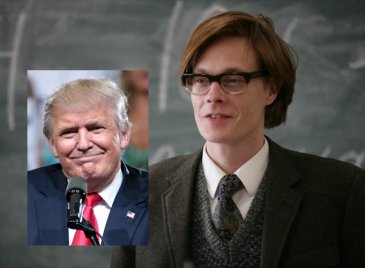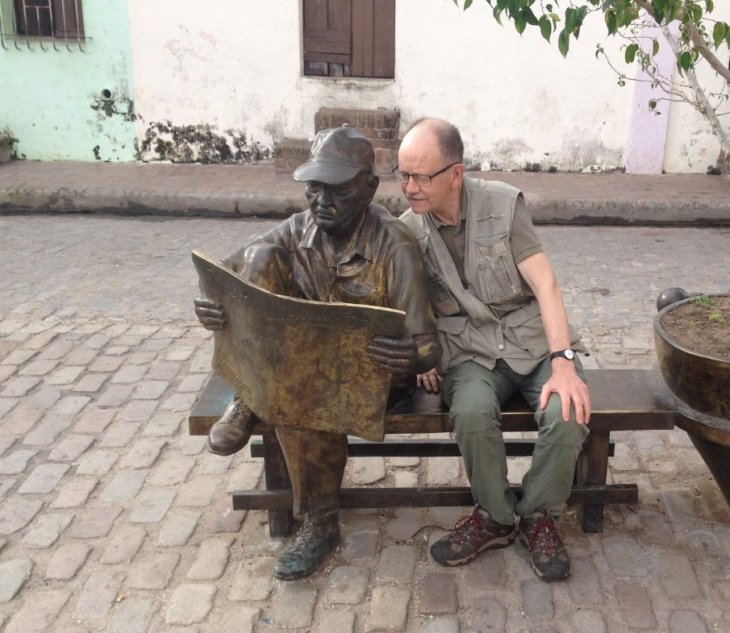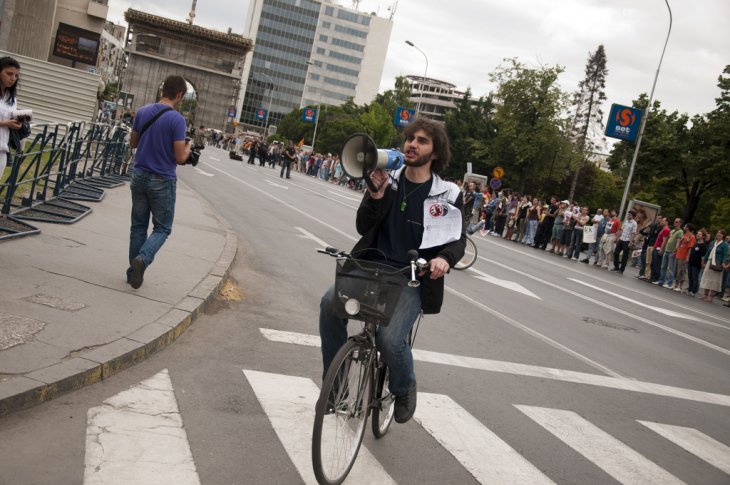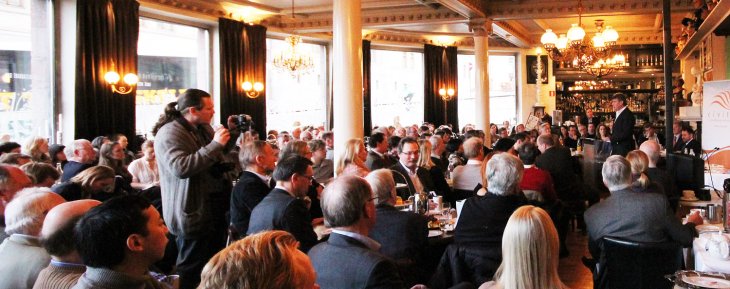These days, a press conference at the White House is cringe TV. President Trump greeting world leaders may leave unfortunate viewers squirming in front of the screen. It’s an experience simultaneously entertaining and unpleasant.
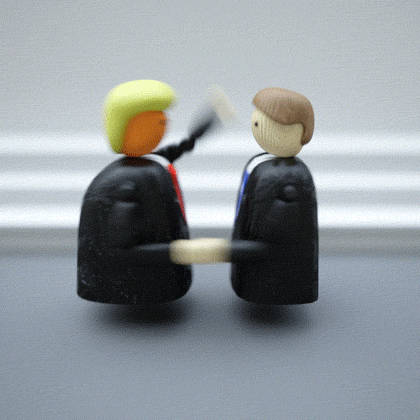
“When the American president takes someone by the hand, he looks more like someone trying to shake off a piece of chewing gum stuck between his fingers than someone greeting another person”. Giphy
One thing that already has generated countless internet memes and analyses among the Twitterati is Trump’s handshake. When the American president takes someone by the hand, he looks more like someone trying to shake off a piece of chewing gum stuck between his fingers than someone greeting another person.
After trying to wring the hand off his Supreme Court nominee, Neil Gorsuch, and later squeezing the life out of the hand extended by Japanese prime minister Shinzo Abe, Trump suddenly refused to shake Angela Merkel’s hand during her visit to the Oval office. The press were calling for a handshake. Merkel was left puzzled and somewhat perplexed when she realized that the American president had no plans even to look in her direction. It could have been a Monty Python sketch, but these days it’s life imitating art.Read More
